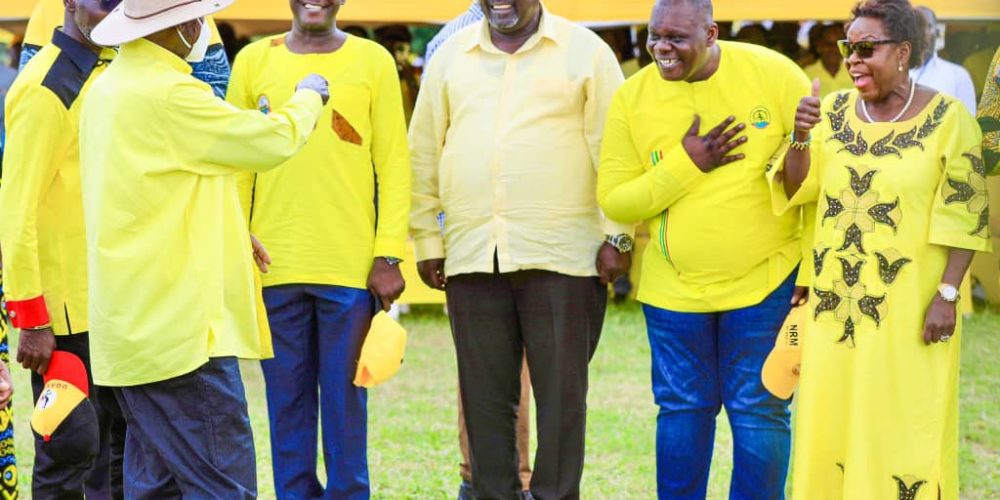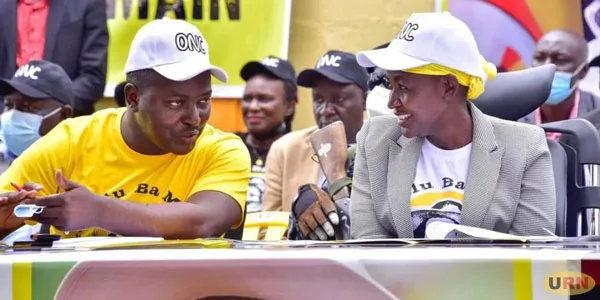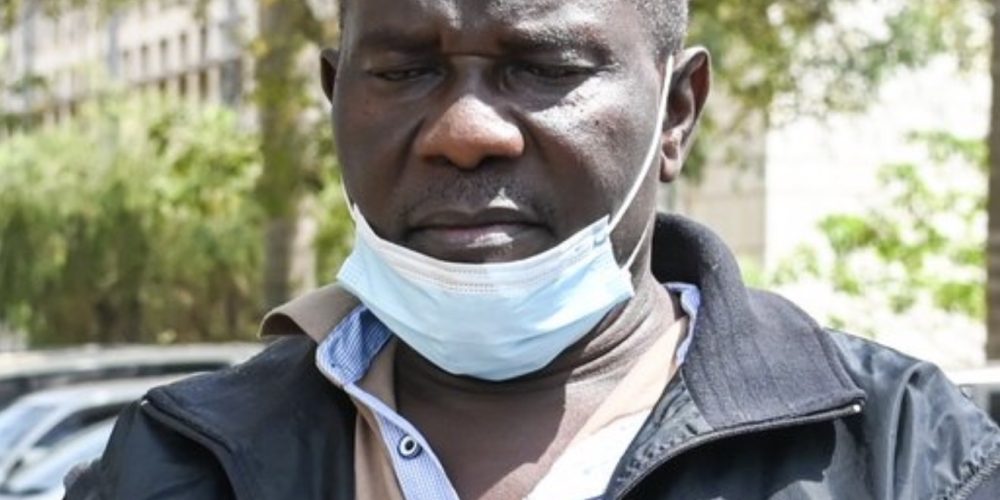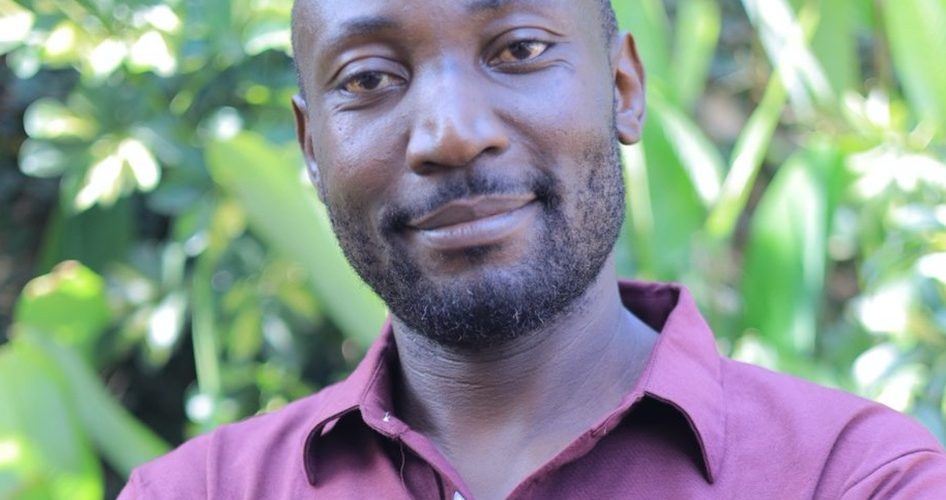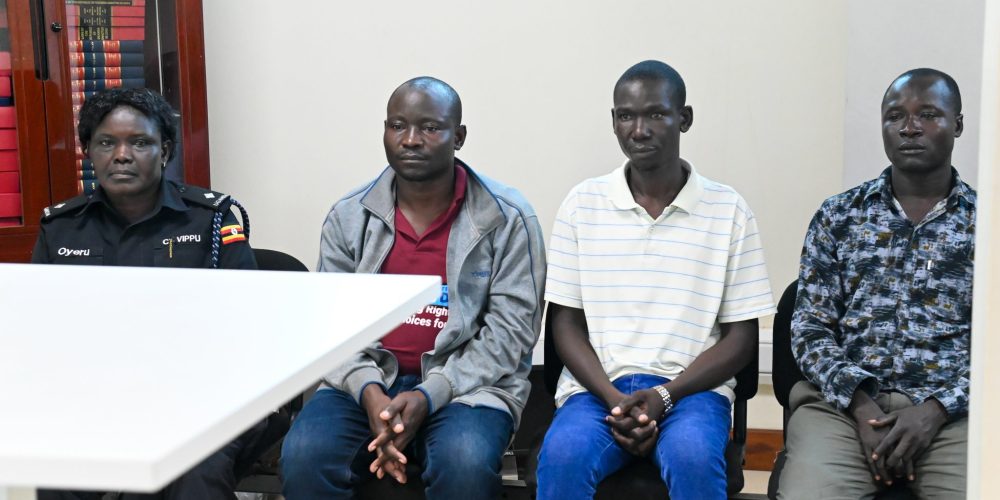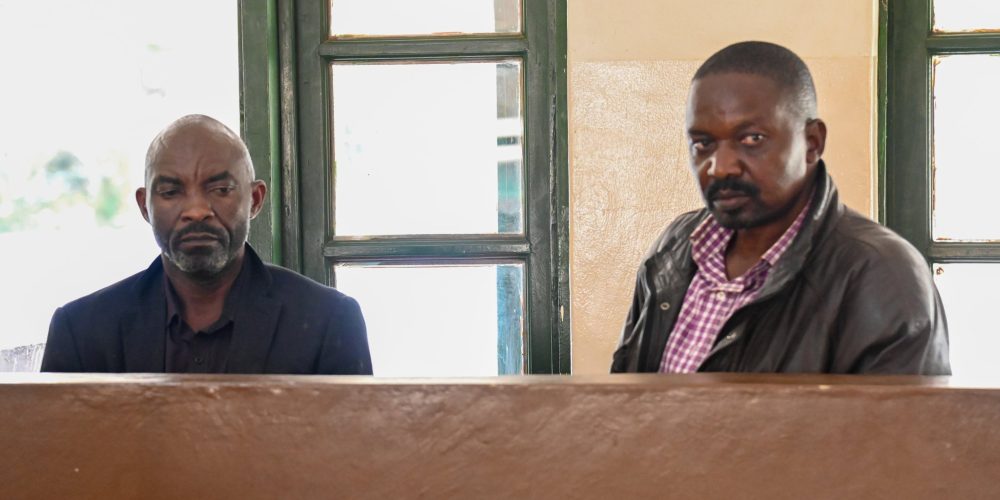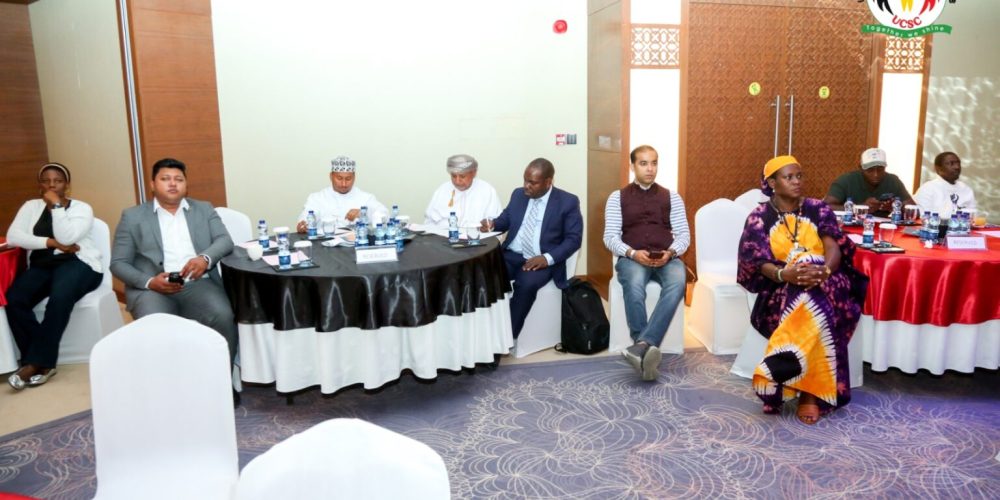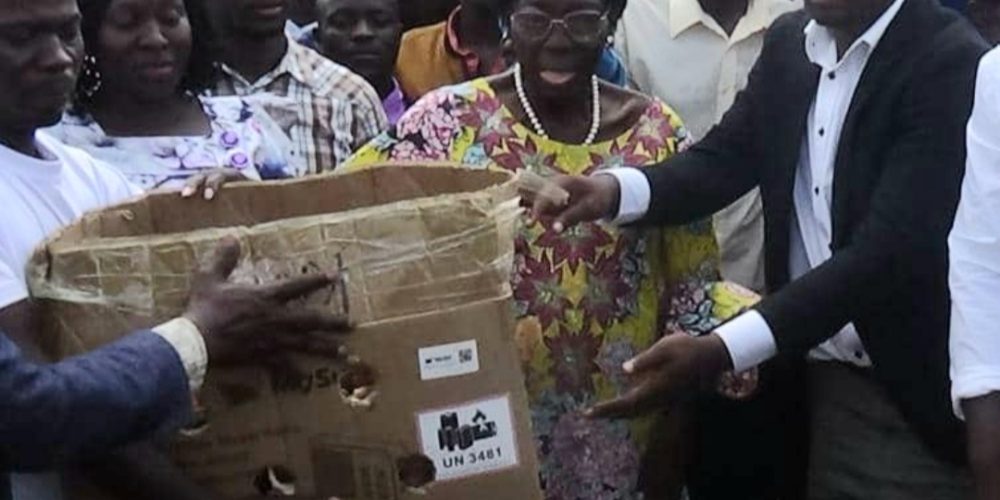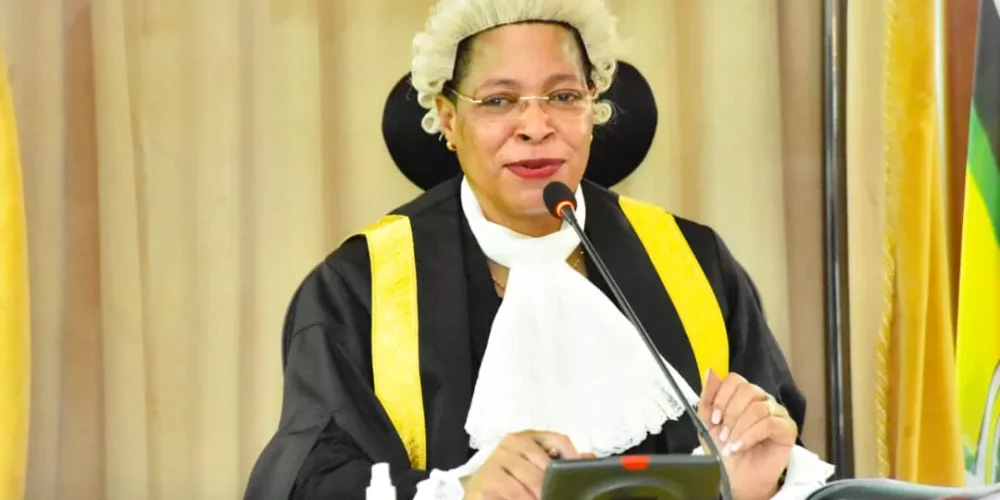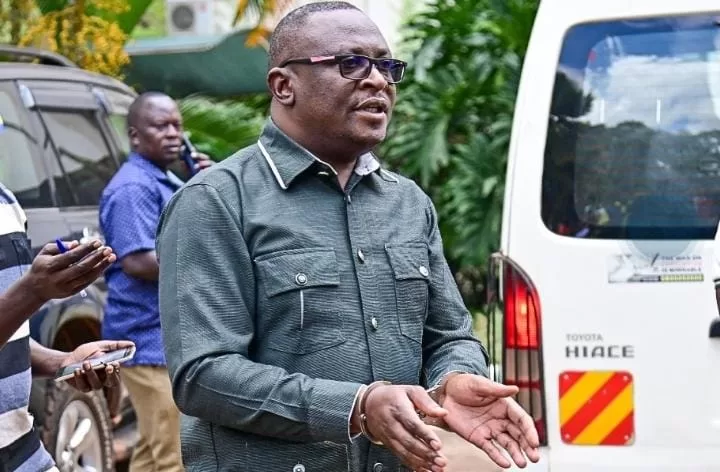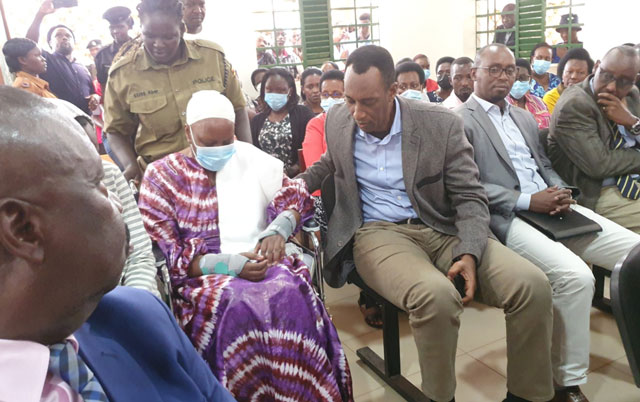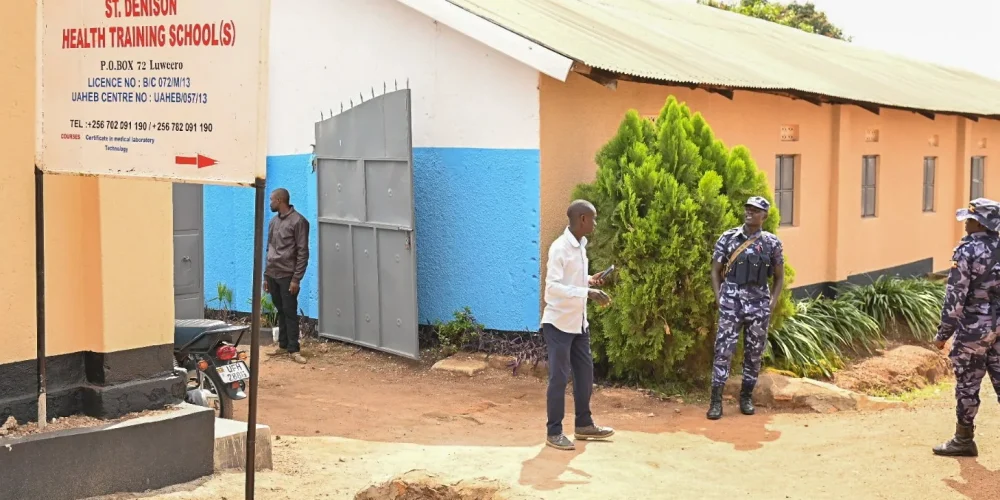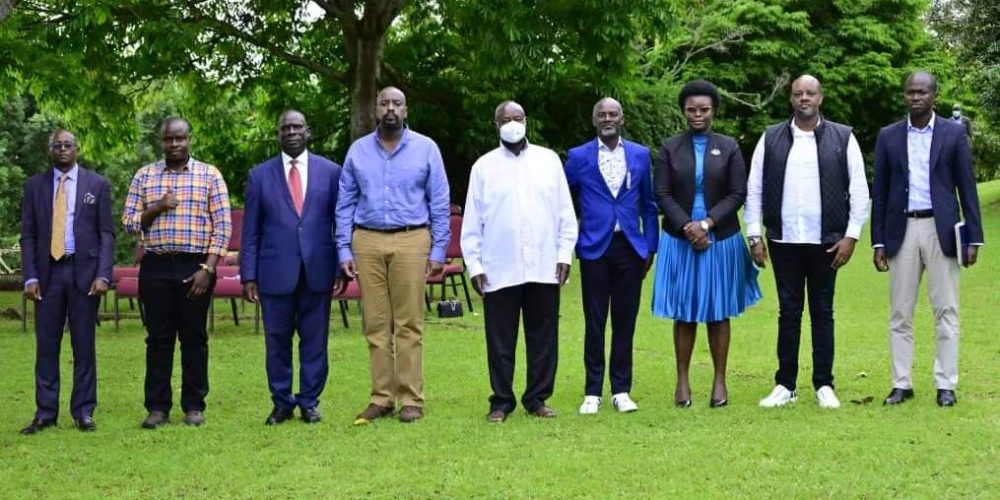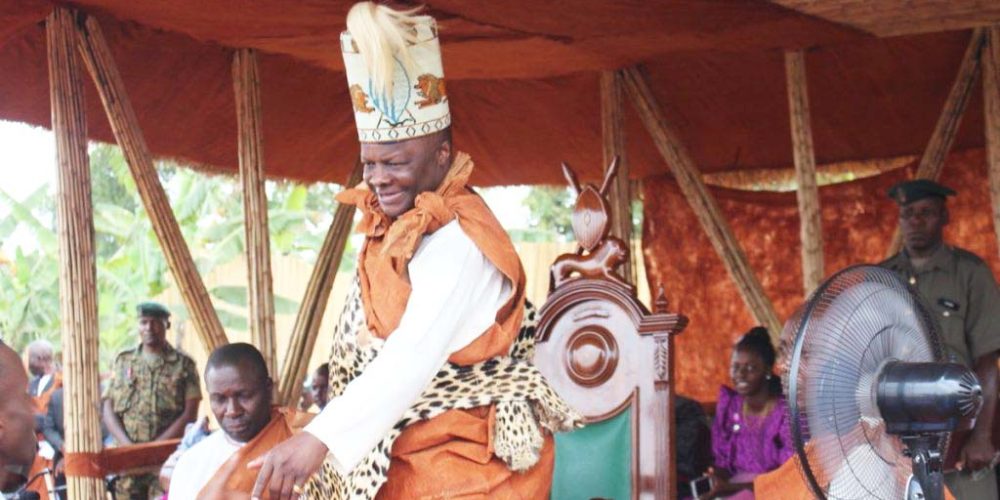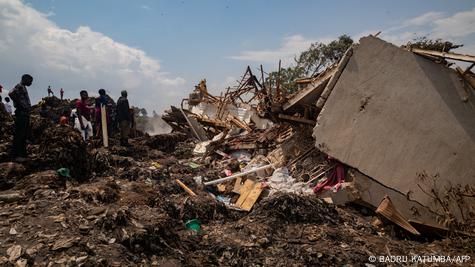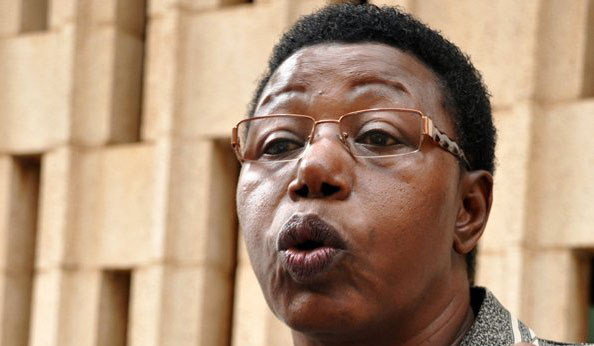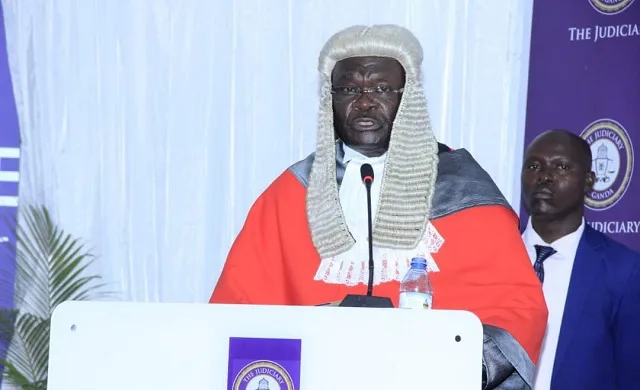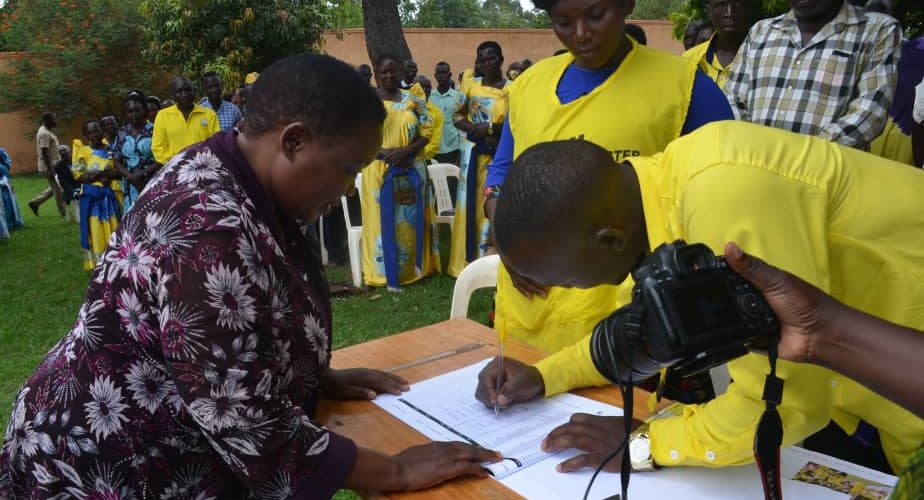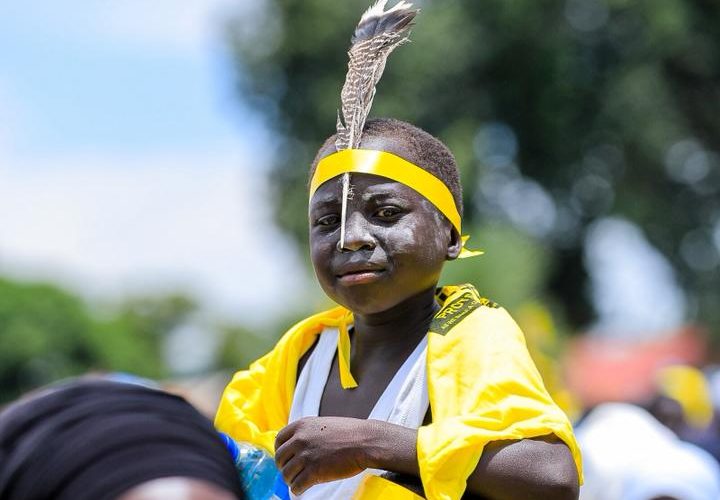Museveni’s coffee Act a poverty tool and testament of corruption
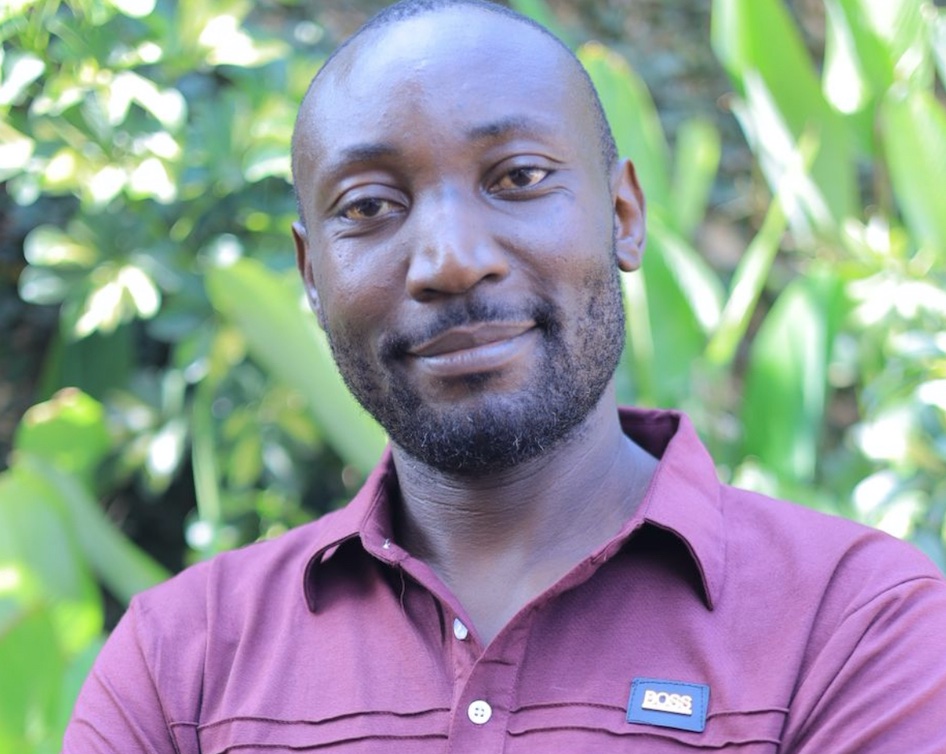
By RICHARD KIZZA LUGOBWA
A controversial law dubbed the National Coffee (Amendment) Act has since its first reading in March, passing in November, and assent in December 2024 continues to provoke questions and contention regards the government’s ulterior motive.
The government framed the bill as part of its RAPEX (Rationalization of Agencies and Public Expenditure) policy, launched in February 2021 to reduce redundancy and rein in administrative costs.
Proponents of the law argued that the amendment aimed at streamlining government and cutting costs by integrating the Uganda Coffee Development Authority (UCDA) into the Ministry of Agriculture, Animal Industry and Fisheries (MAAIF).
Agriculture Minister Frank Tumwebaze emphasized that embedding UCDA within MAAIF would “streamline operations, and eliminate bloated structures and functional ambiguities”.
However, growing opposition from MPs, farmers and analysts suggests deeper motives at play, raising fierce accusations that President Yoweri Museveni is engineering revenue centralization, diminishing farmer autonomy and accelerating poverty among farmers and coffee traders to entrench political and economic control.
Analysts warn that centralizing coffee oversight under a ministry may replicate inefficiencies seen in other sectors and strip farmers of direct revenue. Critics argue the move places political expediency over rural welfare and wealth which is likely to limit voter independence and choice.
Joseph Kabuleta, leader of the National Economic Empowerment Dialogue (NEED), denounces the legislation as a deliberate strategy by Museveni to choke off financial independence among coffee farmers or anyone engaged in legitimate commercial activity.
“He thinks poor people are easier to govern,” Kabuleta asserted.
He further likened past government takeovers of vanilla, cotton, tea, and even Uganda’s historic textile industry as part of a broader pattern of stifling rural prosperity.
The bill, introduced in late March and first read on 27 March 2024, was hotly contested in Parliament. MPs from coffee-producing regions especially from Bugisu and Buganda, alongside opposition figures, voiced strong opposition citing risks of disrupting coffee export accreditation and undermining farmers they represent.
Farm leaders in Bugisu labelled the bill as driven by “a hidden agenda,” warning it could jeopardize market credibility.
Buganda MP Geoffrey Lutaaya accused fellow legislators of acting “for one person,” contending that centralizing coffee control would strip farmers of autonomy.
In the recent years, the Kattikiro of Buganda Charles Peter Mayiga launched the “mwanyi terimba” campaign, traversing the kingdom urging Baganda to grow more and more coffee, and celebrating coffee farmers, as a poverty alleviation strategy.
Centralizing coffee control by the government definitely undermines Kattikiro’s campaign which according to critics is likely to create a rift between Mengo and the central government. The historical echoes of the 1960s tensions between the Buganda Kingdom and the central government revealed a deeper distrust one that authorities rushed to downplay.
Although some MPs such pushed for a grace period of three to five years. for a smooth transition; these proposals were rejected which further raised suspicion. A division lobby on 6 November saw 159 MPs support the bill and 77 oppose it. President Museveni signed the bill into law on 20th December.
Analysts and media believe President Yoweri Museveni personally steered the bill through parliament. Investigative reports from the Daily Monitor described how, facing resistance in April, the President employed “isolation, negotiation…and intimidation” in closed-door NRM meetings to secure support, including convening a caucus at his Entebbe residence.
In these meetings and reportedly under pressure NRM MPs received assurances that MAAIF was capable of taking up UCDA’s responsibilities. Museveni defended the move by claiming rationalization would yield efficiency, citing the performance of his brother’s Operation Wealth Creation program.
Opposition Leader Joel Ssenyonyi accused Museveni of spreading misinformation especially the claim that defending UCDA is partisan stunt by the opposition. Ssenyonyi pointed out that even NRM backbenchers initially voted against the merger.
This bill is one of the many fast-tracked laws in spite of contention and guidance from MPs and the public. Notable of these is The Sexual Offences Bill, 2021, The Computer Misuse (Amendment) Act, 2022, The Anti-Homosexuality Act, 2023 and the recent Political Parties & Organizations (Amendment) Bill, 2025 and The UPDF (Military Courts) Amendment Bill, 2025. A common characteristic in all these laws in government/president’s interest in the laws
The UPDF Amendment Bill 2025 and the Political Parties and Organizations (Amendment) Bill 2025 were passed in a matter of days, with the entire process from first reading to committee referral sometimes completed in under 24 hours.
Civil society groups and opposition MPs have denounced this as a “cynical attempt” to bypass public participation, arguing that the rushed timeline undermines constitutional rights to meaningful stakeholder input.
Opposition figures, including Leader of the Opposition Joel Ssenyonyi, staged walkouts and have taken legal action, claiming that Parliament ignored procedural safeguards such as the mandatory 45-day consultation period and rushed ahead to pass bills reinstating military jurisdiction over civilians, ahead of the 2026 presidential election. Critics warned that such haste erodes democratic norms and could lead to constitutional challenges.
The Coffee Act is now law, but the debate is far from over. With elections looming in 2026, rural discontent may reshape political dynamics. Opposition voices and civil society groups are calling for a repeal or at least a transparent review process that fully considers farmers’ interests.
The writer is an advocate for democracy and justice through the arts, media and other platforms
Email: richardlk63@gmail.com
Tel: +447351353725












